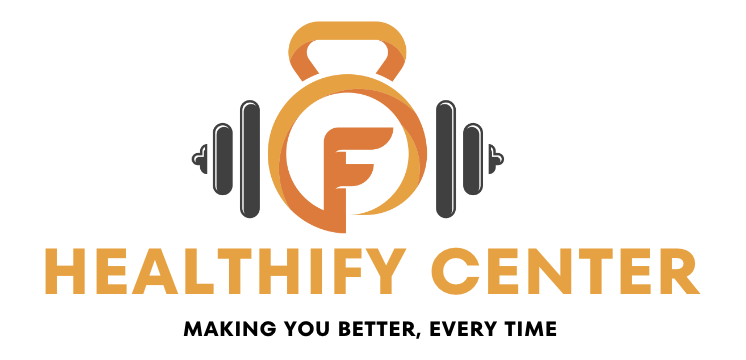.United States: Acetaminophen usage while being impregnated is not associated with the increased risk of autism of the child, ADHD, or intellectual disability, according to the results of the newest research.
More about the recent study
A study involving more than 2.4 million Swedish kids born also included children who had at least one sibling who was conceived unaffected by the drug before the pregnancy, investigators said.
The siblings participating shared common genetics, as well as upbringing, thereby helping researchers to have a unique environment and weeding out other contributing factors to autism, ADHD, and developmental delays.
The findings of the study were published in the Journal of the American Medical Association on April 9.
Renee Gardner, the co-senior author and a principal researcher with Sweden’s Karolinska Institute, stated, “This study’s findings may be welcome news for birthing people who use acetaminophen as a pain or fever management option since there are few safe alternatives for relief available,” as the US news reported.
Moreover, Gardner added, “We hope that our results provide reassurance to expectant parents when faced with the sometimes fraught decision of whether to take these medications during pregnancy when suffering from pain or fever.”
More about Acetaminophen

According to experts, Acetaminophen acts as an active ingredient in Tylenol, which is one of the ingredients in cold and flu remedial solutions such as Theraflu, Excedrin, and Mucinex.
As per the US News reports, during recent years, the news regarding growing concerns about the usage of Acetaminophen during pregnancy has grown.
Moreover, as per an international group of researchers and doctors’ recommendations in 2021, pregnant women “minimize exposure [to acetaminophen] by using the lowest effective dose for the shortest possible time,” based on the findings of the research depicting the growing risk of the drug-related to neurological and developmental disorders in children.
The consensus statement of the scientists was published in the journal Nature Reviews Endocrinology.
The new study utilized the data on medication consumed by women during pregnancy, which took place between 1995 and 2019 in Sweden.
The research results suggested that less than 8 percent of the children born during those pregnancies were exposed to Acetaminophen.
Brian Lee, a co-senior author and an associate professor with the Drexel University School of Public Health, said, “Our study and others suggest there are many different health and familial factors that are associated with both acetaminophen use and neurodevelopmental disorders,” as US News reported.
Also, “Genetics likely play a role, but future work to elucidate this mechanism is crucial,” Lee added.














Leave a Reply